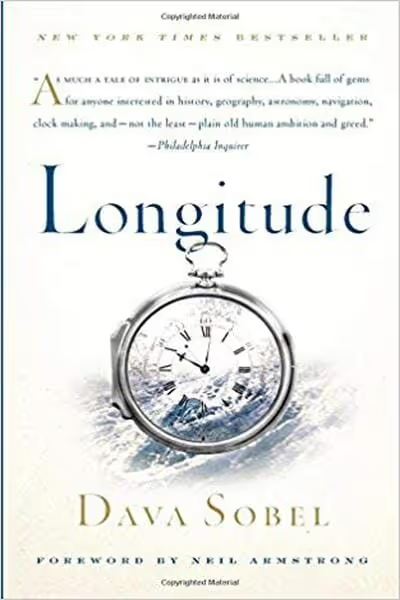Battle Cry of Freedom
Battle Cry of Freedom will undoubtedly become the classic one-volume history of the Civil War, filled with new interpretations and material, debunking old myths and confronting new ones.
From the commencement of one war in Mexico to the end of another at Appomattox, James McPherson's fast-paced narrative seamlessly incorporates the political, social, and military events that crammed the two decades. The book vividly recounts the momentous events that preceded the Civil War—the Dred Scott decision, the Lincoln-Douglas debates, John Brown's raid on Harper's Ferry—and then moves into a masterful chronicle of the war itself—the battles, the strategic maneuvering on both sides, the politics, and the personalities—and then moves into a masterful chronicle of the war itself—the battles, the strategic maneuvering on both sides, the politics, McPherson's novel perspectives on issues such as slavery growth in the 1850s, the Republican Party's roots, the causes of secession, internal dissension and anti-war resistance in the North and South, and the reasons for the Union's triumph are particularly noteworthy.
The title of the book refers to the sentiments that informed both the Northern and Southern perspectives on the conflict: the South seceded in the name of the self-determination and self-government for which their forefathers had fought in 1776, while the North defended the Union founded by those forefathers as the bulwark of American liberty. Eventually, the North had to confront the war's root cause—slavery—and embrace an emancipation programme as a secondary goal. The noblest legacy of America's deadliest struggle is this "fresh birth of freedom," as Lincoln put it.
This authoritative text makes sense of the Civil War, the massive and perplexing "second American Revolution" that reshaped a nation and enriched our liberty inheritance.























































